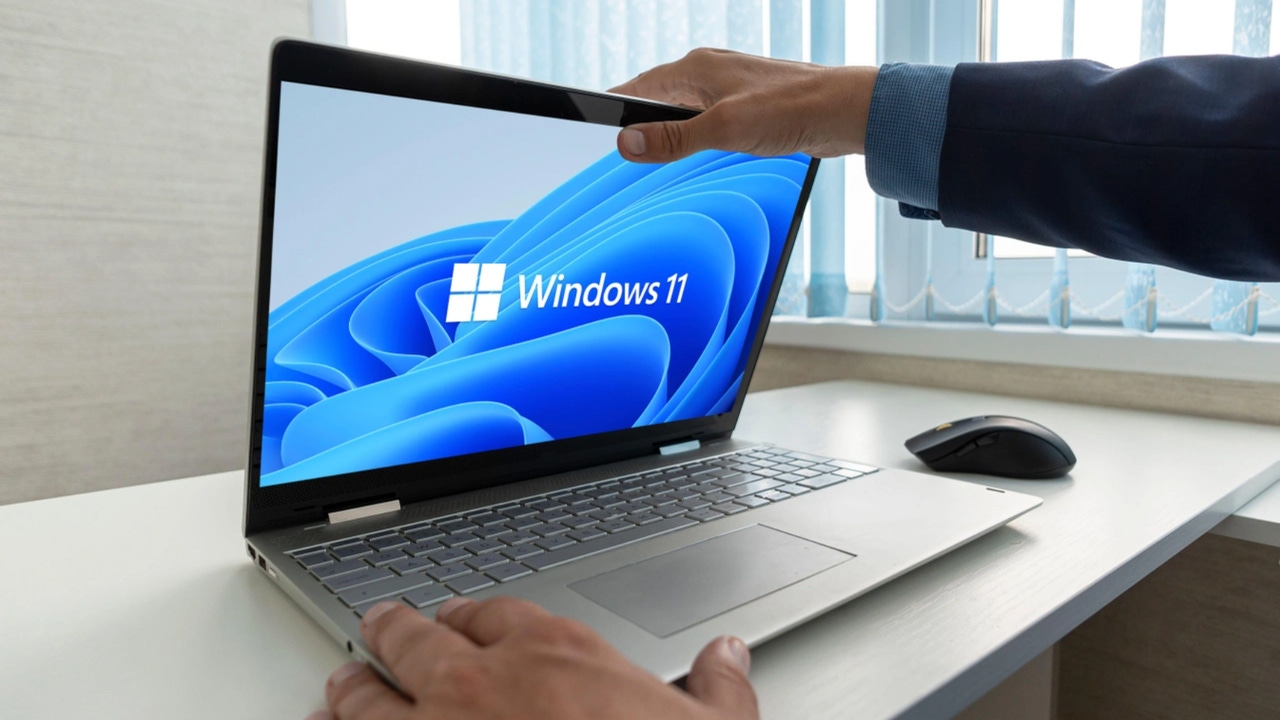What the Cisco-Microsoft Partnership Means for HPWhat the Cisco-Microsoft Partnership Means for HP
The expanded Cisco-Microsoft partnership to modernize datacenters brings more bad news to HP.
July 17, 2014

In April 2009, Cisco and HP parted ways by ending a long-standing partnership on datacenter technologies, due to irreconcilable differences over competitive head-butting. The partnership didn't end cleanly or nicely, with the Cisco CTO at the time, Padmasree Warrior, saying:
"We're going to compete with HP. I don't want to sugarcoat that. There is bound to be change in the landscape of who you compete with and who you partner with."
Senior vice-president of Cisco's worldwide partner group at the time, Keith Goodwin, told in a video that Cisco and HP just had different visions about the datacenter.
And with that, Cisco moved into developing its own brand of blade servers, which is now a very important business for HP. HP now puts significant development emphasis and marketing behind its Moonshot server hardware.
Fast-forward to June 2014. Our sister site, The Var Guy, reports that for the first time, Cisco overtook HP as the revenue leader for x86 blade servers for Q1 in the Americas. Seriously, who knew Cisco produced blade servers?
It took them 5 years, but Cisco has achieved what they set out to do. And Paul Perez, Cisco Unified Computer System vice president and general manager states:
"Disruptive innovation has been the secret to our server success. In 2009 we delivered the first true innovation the server industry had seen in over a decade. Five years later, we're now the undisputed leader in x86 blade servers across the Americas, and are poised to capture the worldwide market over the next few quarters.”
At WPC 2014 this past week, Cisco and Microsoft announced a multi-year partnership in which the two companies will jointly develop solutions for modernizing datacenters through the delivery of integrated solutions for Enterprises and partners. As part of the pact, Cisco will help Microsoft migrate Windows 2003 customers to Windows 2012 R2 running on the Cisco UCS platform, but in the long term this means Microsoft supplies the software and OS while Cisco will supply its revenue-leading hardware.
If this doesn't sound familiar, you haven't been following along. This deal sounds extremely similar to what Microsoft and HP had once designed. At several Microsoft conferences over the last few years you could regularly find HP's beefy server offerings running Windows Server and System Center to serve Hands-on Labs and show how a finely tuned, highly optimized, extremely elastic datacenter should run—I wrote about it in April of last year. Microsoft and HP were datacenter partners. But something happened over the last couple of years. HP, building the Cloud on open source software to run on its own hardware, now finds itself in much the same place it was in 2009 when it miffed Cisco enough to end its relationship in disgust. And really, HP's announcement that it was "all-in" with Chromebooks didn’t help.
Two similar cases with two similar outcomes, and one entity that was complicit in both.
HP may be wondering how Cisco was able to take the blade server revenue lead. I can point back to at least one good example when HP decided to limit access to its firmware for servers and alter its support policies. I don't care how good your sales teams are, if your support is frustrating customers and your messaging is confusing and off-target, there's no way to recover. Good support is hard to beat, and bad support is a death knell. HP may now be wondering what the next couple years will bring with two partners-turned-competitors now joining forces.
Looking at the depth of the expanded Cisco-Microsoft partnership, HP would do well to worry, since the new partnership proposes a mirrored reflection of what HP squandered. Additionally, other integrated offerings include Cisco-Nexus switching, Cisco UCS Manager with System Center integration modules, Cisco PowerTool, Windows Server 2012 R2, SQL Server 2014, System Center 2012 R2, Windows PowerShell, and Microsoft Azure. Future releases will integrate Cisco ACI and Cisco InterCloud Fabric.
About the Author
You May Also Like






.jpg?width=700&auto=webp&quality=80&disable=upscale)
